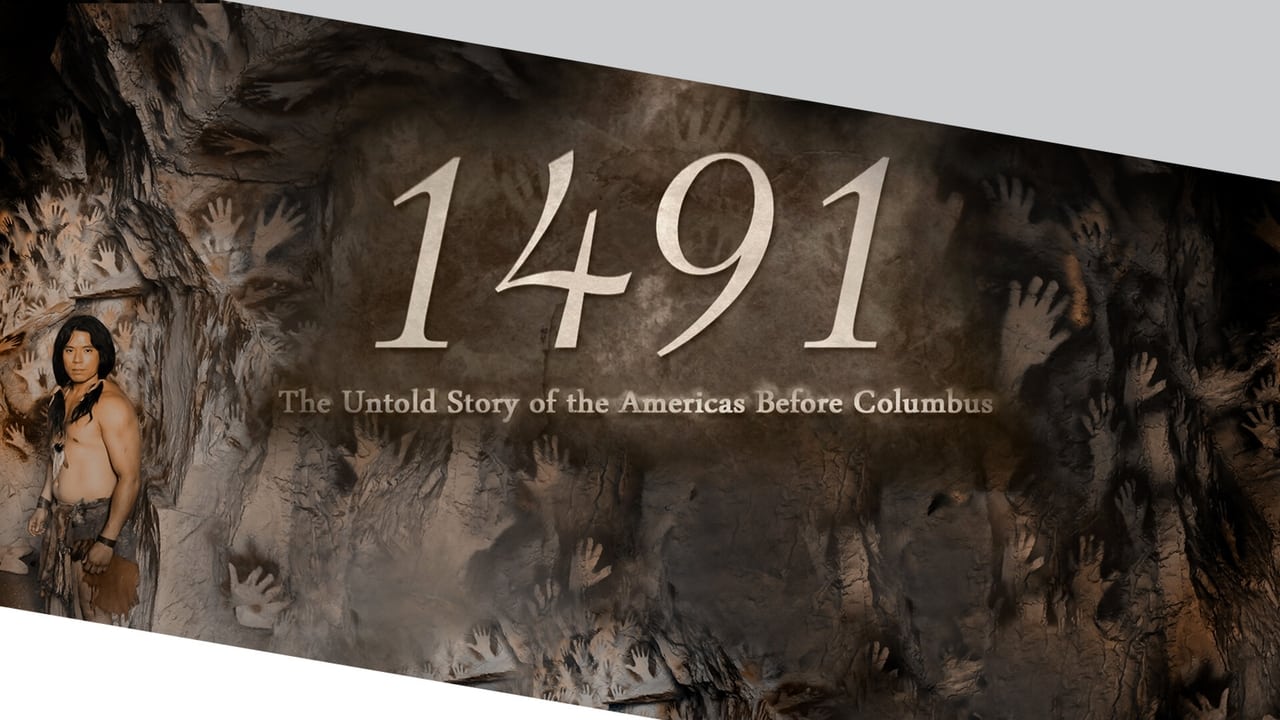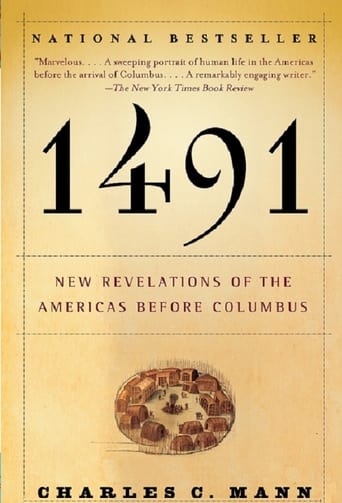1491: The Untold Story of the Americas Before Columbus Season 1

1491: The Untold Story of the Americas before Columbus is based on the book “1491: New Revelations of the Americas Before Columbus” by Charles C. Mann (Knopf, 2005). It brings to life the complexity, diversity and interconnectedness of Indigenous peoples in the Americas before the arrival of Columbus. Presented from an Indigenous-perspective the series is a journey along a timeline that dates from 20,000 years ago to 1491. The origins and history of ancient Indigenous societies in North, Central and South America are interpreted by leading Indigenous scholars and cultural leaders in the fields of archaeology, art history, ethnology, genetics, geology, and linguistics.
Watch NowWith 30 Day Free Trial!
1491: The Untold Story of the Americas Before Columbus
2017
This 8 part series tells us about indigenous peoples of the Americas before the Spanish explorer Columbus arrived. Each episode shows us via re-enactments about a particular subject. We learn about their art, architecture, archaeology, Science and Technology etc.
Watch Trailer
1491: The Untold Story of the Americas Before Columbus Season 1 Full Episode Guide
We are informed about the indigenous perspective on cultural traditions and the concern about native languages becoming extinct.
We learn about art in various native communities before 1492. We see their hand paintings and paintings of animals. We see the baskets that were woven and the pottery designs. We are shown the masks that were made and how they played a part in ceremonies.
Early indigenous people in North America were using the number 0 before any other people, had mapped the planets and stars and had their own calendars and writing methods. We also see how the herbs and plants that they used often are utilized in our modern drugs, as in the Yew tree bears components in Tamoxifen for cancer treatment today and the Willow tree has acetylsalicylic acid for aspirin.
Each Indigenous nation developed its own unique governance models to control their citizens and expand their territories. These systems ranged from patriarchal and matrilineal-based societies to complex political systems governing multi-nation empires. Complex trade networks developed to satisfy political, social and economic goals.
Whether living a nomadic existence or in sprawling urban centres, Indigenous people created iconic, innovative and diverse architectural styles. Their homes and community structures fulfilled the needs and values of their society.
Maize from MesoAmerica, Potatoes from the Andes, biodiversity of the Amazon, Camus from the Plains, seal hunting of the Arctic, whale hunting of the NWCoast, Bison jumps and Fishing weirs.
Indigenous people created significant changes to their environment through resource harvesting, farming, urban development, irrigation, controlled burning and deforestation.
We are introduced to indigenous creation stories; discoveries by archaeologists, geneticists, linguists and anthropologists about the arrival of various indigenous people that are believed to arrive via the land bridge from what is now Russia and Alaska and also via boat and sailing down the N. American coast, settling in many areas and then developing differing languages, cultures and customs.
Free Trial Channels
Seasons


























